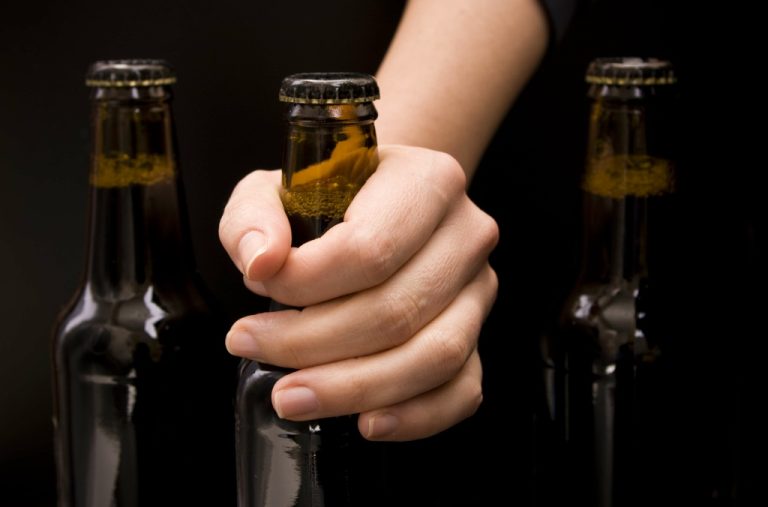Treatment providers can connect you with programs that provide the tools to help you get and stay sober. A more severe form of depression, psychotic depression involves hallucinations, paranoia or delusions. This type of depression can cause individuals to hear voices http://all-moscow.ru/index.en.html/index.en.html?r=11256 or make them believe that someone is out to harm them. Breathing helps bring your body into a state of relaxation and increases oxygen flow in your body. This helps you get control of the fight-or-flight reaction you might experience when your anger is triggered.

Anger often resolves once you’ve solved the problem, addressed the threat, or taken some time to sit with and sort through your feelings. We know that most drinkers with depression will start to http://kvantmultfilm.ru/za.php feel better within a few weeks of cutting out alcohol. So, it is usually best to tackle the alcohol first, and then deal with the depression afterwards if it has not lifted after a few weeks.
Alcohol Use and Anger Issues
If you feel depressed even when you don’t drink, or you drink because you feel depressed, it’s best to reach out to a mental health professional. Research has linked the development of depression symptoms in adolescents to regular or heavy alcohol use. Adults who met criteria for alcohol use disorders also had a higher risk for depression.
Mixed models accommodated for the fact that repeated measures from each client were correlated and accommodated for missing data with maximum likelihood estimation. Talking to people you trust about your plans may help you change. They can encourage you along the way and keep you company if you’re using exercise or other tactics to help you cope. The government advises that both men and women should not regularly drink more than 14 units a week.
Anger and Alcohol Risk Factors
This evaluation will help determine a diagnosis and a treatment plan. Alcohol dependence and significant alcohol involvement not reaching the level of dependence are often comorbid with a variety of anger-related consequences including interpersonal violence and conflict (Chermack et al., 2010). Research has strongly supported the inclusion of efficacious interventions to address this serious problem area as a part of alcohol dependence treatment (Chermack et al., 2008; Rothman et al., 2008). Return to problematic drinking often occurs after treatment for alcohol dependence, even when that treatment was initially successful. Relapsed individuals often start another negative cycle of alcohol-related problems and suffering in themselves and others (Lowman et al., 1996; Marlatt & Gordon, 1980). Notwithstanding the progress that has been made in the alcohol use disorders treatment field, innovative treatment strategies are still needed.
Taking some time for productive relaxation can also help ease feelings of depression. It’s more likely to worsen negative mood states, along with physical health. Bad sleep can easily affect your mood the next day, since exhaustion and lingering physical symptoms can make it tough to concentrate.
Get help for alcoholism today.
Some people say that fathers aren’t experiencing ‘true’ PND, but rather general depression – a thought process exacerbated by the fact that fathers are more likely to get depressed postnatally if they have had depression before. There is now no credible pathway to avoiding dangerous climate change. However, if increasing rates of climate protests https://www.cool-ticket.info/CubaGuide/cooked-photos are anything to go by, the world may finally be ready for radical change – and perhaps for reduced harmful substance use. Aside from its direct physical harm, harmful substance use disrupts education and employment. It increases the risk of accidents and crime, and it undermines social relationships, intimate partnerships and family functioning.
Depressive symptoms can result from life stressors, mental health conditions, medical conditions, and other factors. Alcohol may be a socially acceptable drug, but it’s still a drug. Alcohol abuse and dependence are both considered an alcohol use disorder, with studies finding that alcohol dependence is more closely tied to the persistence of depressive disorders. Many studies have found that alcohol dependence is closely linked to depression. When it comes to diagnosing an alcohol use disorder and a major depressive disorder, it’s important to address them simultaneously, as they can significantly impact your recovery. In some cases, you may receive a dual diagnosis of a major depressive disorder (MDD) and an alcohol use disorder (AUD).


